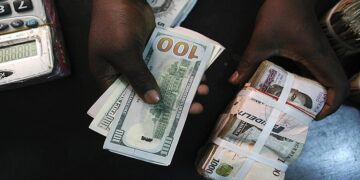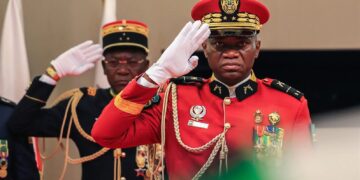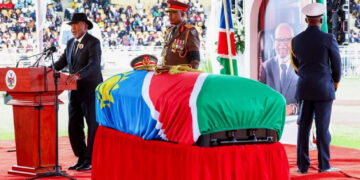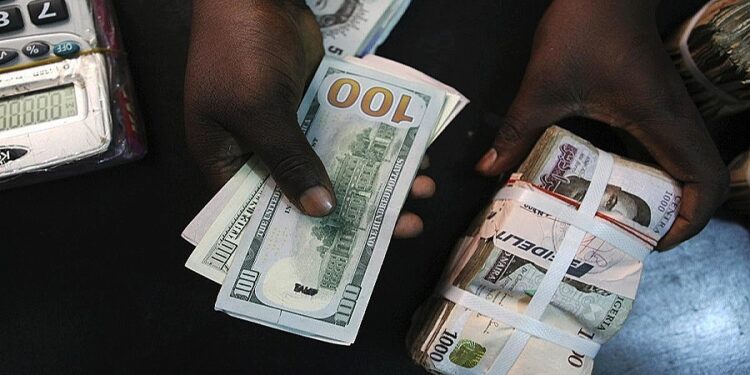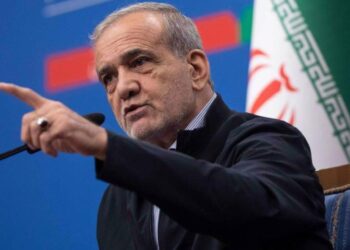By John Ikani
The Central Bank of Nigeria (CBN) has outlawed street trading by Bureau de Change (BDC) operators to ensure better regulation and bolster the naira.
“Street trading of foreign currencies is not allowed,” said Blaise Ijebor, CBN director for risk management. “We don’t want BDCs under the trees. They should be in offices, you walk into their office, change your currency and walk away,” he told a conference in Lagos on Thursday.
The CBN has recently updated the capital requirements, mandating Tier 1 BDC operators to hold N2 billion and Tier 2 operators to maintain N500 million.
Ijebor explained that this increase aims to enable operators to invest in necessary infrastructure, offer improved services, and adhere to regulations.
On Thursday, the naira depreciated in the foreign exchange (FX) markets, even with a 35.72 percent surge in dollar supply at the official market.
By the end of Thursday’s trading, the naira had dropped by 1.55 percent, with the dollar quoted at N1,485.66, compared to N1,462.59 on Wednesday at the Nigerian Autonomous Foreign Exchange Market (NAFEM), according to the FMDQ Securities Exchange Limited summary.
In the parallel market, the naira weakened further against the dollar on Friday, losing N15 to close at N1,515.
“One of the things we want to do is make BDCs focus on the original conceived vision, which is to provide that market structure for people who need to do small small transactions and do not need to go to the banks to do those transactions,” he said.
He emphasized the importance of operators being adequately equipped to manage transactions under regulatory oversight.
“So we need BDC to come together to form bodies, that way regulation is not too extensive for them. They can receive regulation, apply to regulation, and everything will work better for everybody,” he said.
“And that is why we are increasing the capital so that they have enough money to invest in that infrastructure to provide this kind of service, or to full regulation,” Blaise said.
